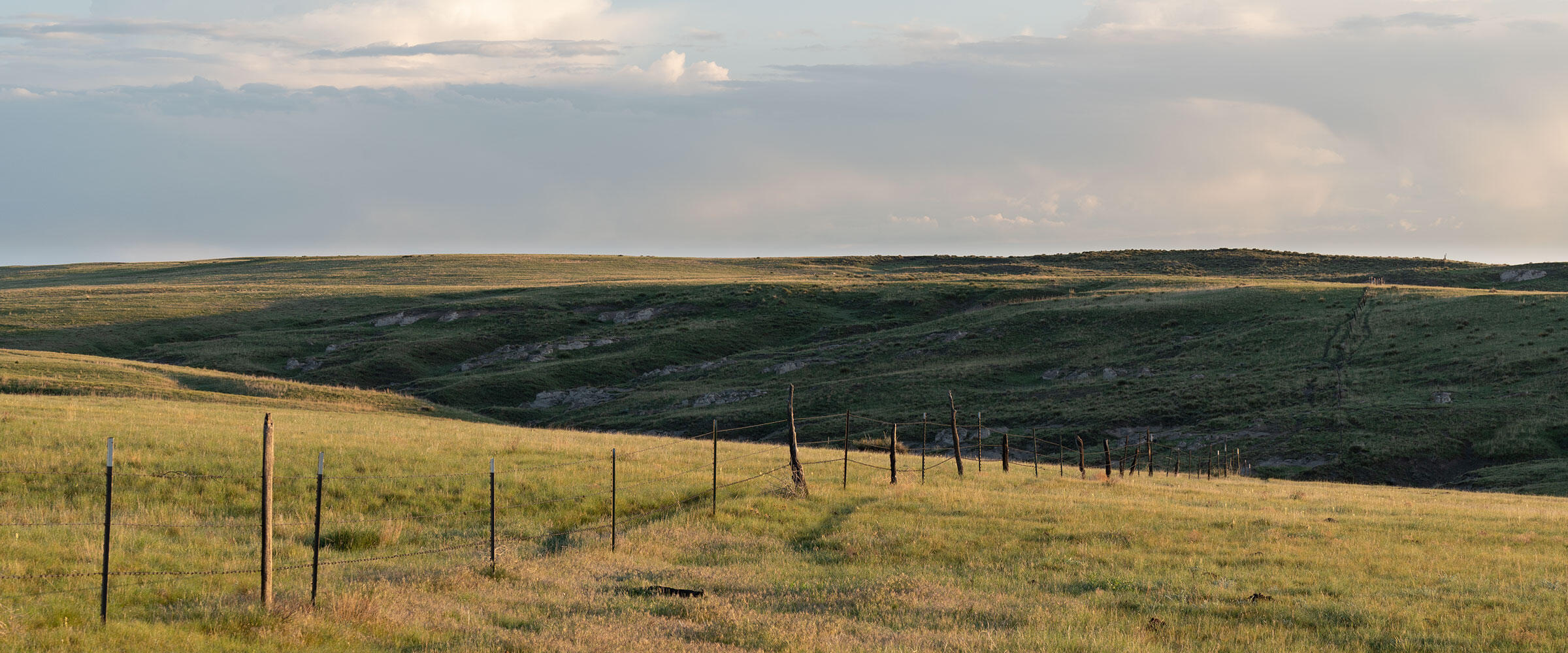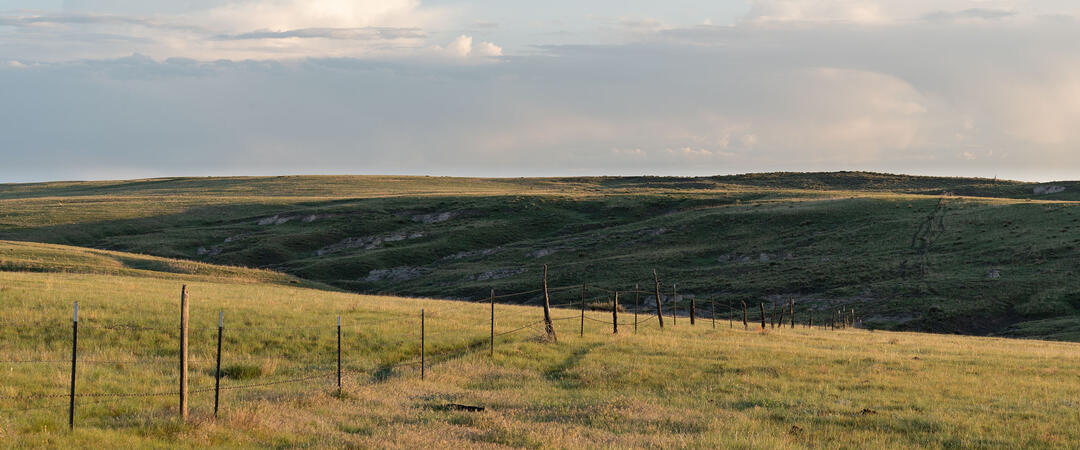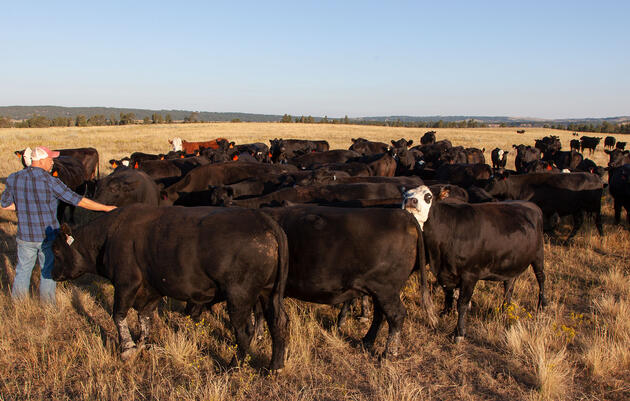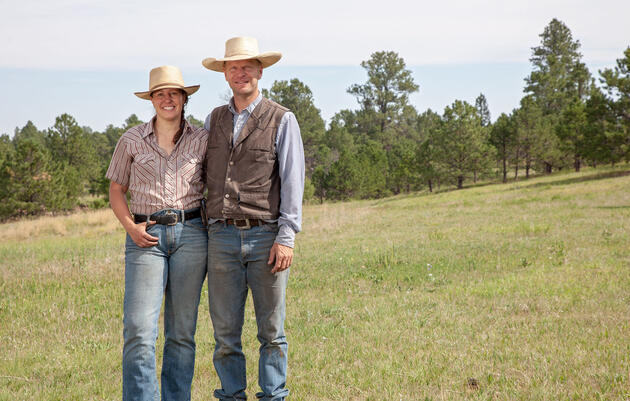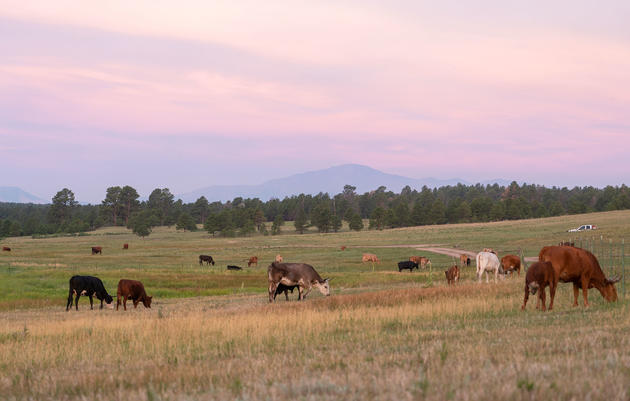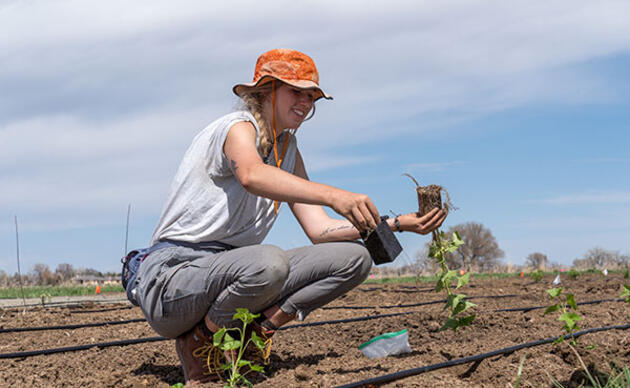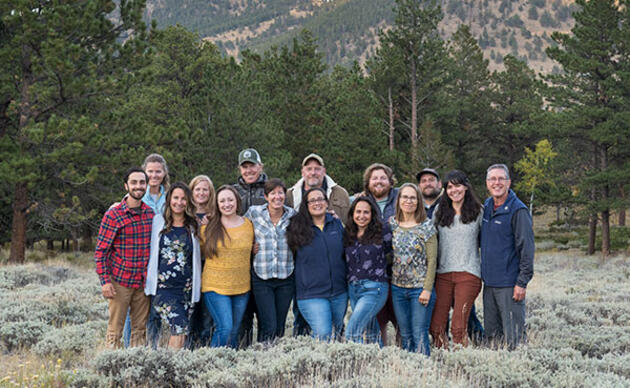“This is incredible,” I said out loud as I read the Quivira Coalition’s website: “Well-managed working rangelands and forests are two of the most effective, efficient and immediately viable paths to remedy the devastating effects of climate change.” I read these words almost ten years ago, and it felt like a reconciliation of the opposing poles of my life: an understanding of the importance of management, restoration and conservation, concern for my children’s future with climate change, and a deeply rooted love of and respect for ranching.
Having grown up on an organic farm in the Willamette Valley with radical environmentalist parents and ultimately marrying a man who grew up ranching in the Great Basin, I have had the opportunity to experience firsthand some of the challenges facing ranching. One of the big lessons I learned early on is that well-intentioned environmentalists have left scars on the souls of some ranchers. These wounds take on different appearances, but they often look like a wariness and lack of trust toward anyone who is not a part of the ranching community.
I once heard Robin Kimmerer, author of Braiding Sweetgrass, say “every wrongdoing is an injury that can be healed.” Although it will take years of work and perseverance, it is possible to build new relationships and to choose a different path forward, this time one of alliance and understanding instead of the finger-pointing and lawsuits of the past.
On our journey of managing our own cattle and working on various ranches in Oregon and Idaho, my husband and I learned that some ranchers are much more progressive than many people assume. What do I mean when I describe a ranch as progressive? To me, it’s a more holistic way of management: owners who make decisions about the land with consideration for the ecological benefits or consequences, who handle animals with low-stress techniques, and who utilize planned or adaptive grazing. It also means animal genetics that do not require grain to produce a well-marbled, flavorful end product for the consumer as well as a focus on efficiency and soundness of the animal. Ultimately, owners and managers who are willing to collaborate with scientists, governments, and NGOs will do the best work as stewards of the land.
Finding common ground and forming partnerships between the worlds of conservation, recreation, wildlife management, and ranching is critical. The resiliency produced by regenerative agriculture is the way of the future, and I see the importance of promoting its virtues to farmers, ranchers, and consumers. The benefits are many, including increased water infiltration and retention, soil organic matter (carbon taken out of the atmosphere), land productivity, and social and economic wellbeing, all while healing the land by improved wildlife habitat and reduced erosion.
I am incredibly encouraged by the hard work of the Audubon’s Conservation Ranching Initiative, the Quivira Coalition, Holistic Management International, TomKat Ranch, the Western Landowners Alliance, the Carbon Cowboys, and many other ranchers across the country who are true stewards of the land. They are combining science, technology, and experience and working toward a better future for all of us.

